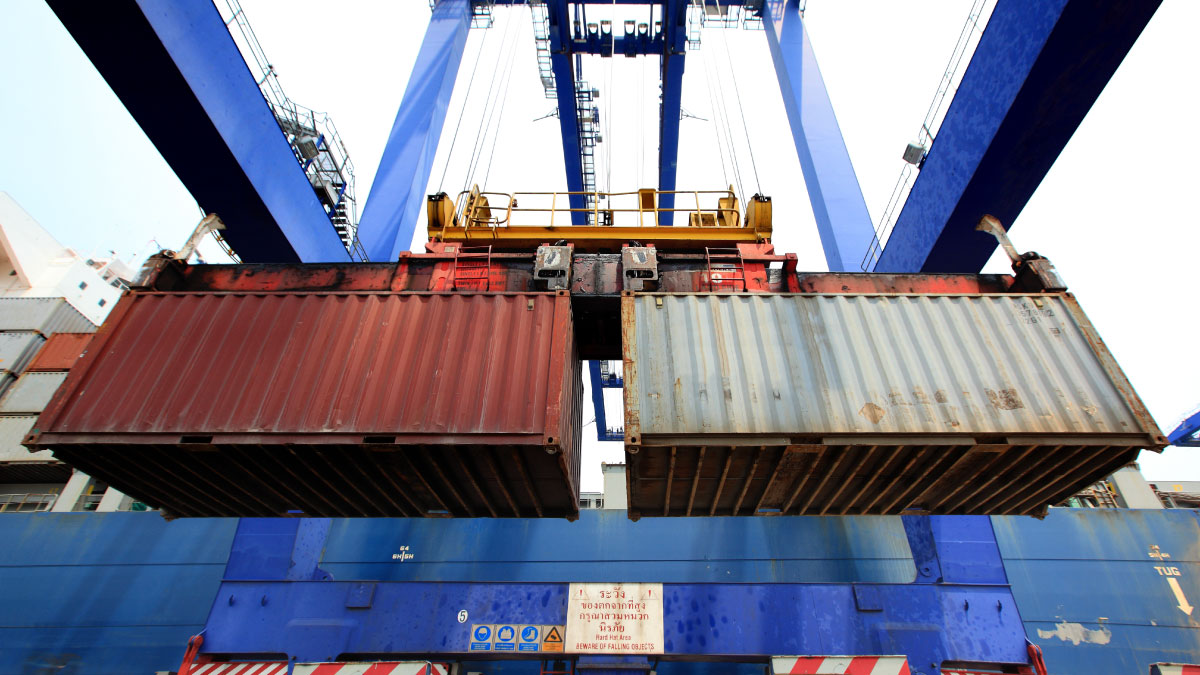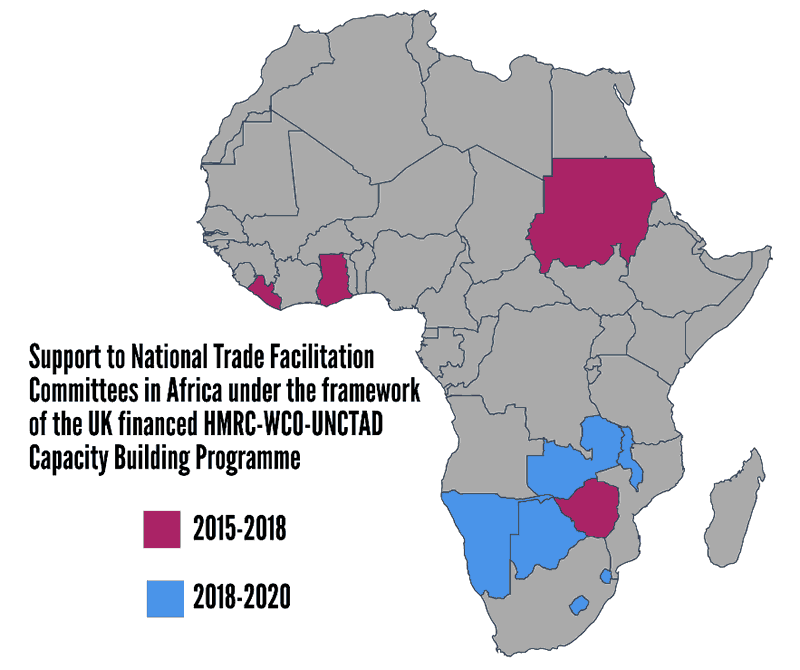The funding to UNCTAD will help boost trade in vulnerable economies post-COVID-19.
The United Kingdom government, through its Department for International Development, has injected an additional £1.4 million ($1.7 million) to UNCTAD’s work on trade facilitation, extending its support to March 2022.
The new funds represent a 40% increase in funding from the previous £1 million ($1.2 million).
At a time when it is increasingly crucial to facilitate trade to keep global supply chains thriving and international commerce moving, improving trading procedures around the world could not be more urgent and timelier.
Critical goods must reach destinations in time to meet pressing needs and governments trade procedures need to meet new challenges of the century.
The additional funding will enable UNCTAD to continue helping countries establish and maintain national trade facilitation committees (NTFCs), which are key to the implementation of the Trade Facilitation Agreement (TFA) of the World Trade Organization.
“Thanks to the UK government’s commitment and funding for the past five years, we’ve been able to bring substantial support in trade facilitation to a number of developing and least developed countries,” said Shamika Sirimanne, director of UNCTAD’s division on technology and logistics.
Extension of collaboration
The new funding phase is the second extension of the collaboration between the UK’s customs authority, the World Customs Organization and UNCTAD to build the capacity of developing and least developed countries towards implementing trade facilitation reforms and meeting their obligations under the TFA.
The UK has supported UNCTAD’s trade facilitation programme since 2015.
“We are proud to support the work with NTFCs, which are drivers for effective coordination and decision-making across policymakers, trade associations and the business community,” said Daniel Johns, head of European Union and international relations at Her Majesty's Revenue and Customs (HMRC), the UK’s customs body.
He said the additional funding would enable NTFCs to continue the coherent design and implementation of reform measures that reduce barriers to trade, create greater business certainty and simplify trade procedures.
HMRC’s programme heavily focuses on supporting the development of NTFCs, which have tapped into UNCTAD’s expertise and suite of tools, techniques and learning products in creating the right institutional structures and buy-in that has underpinned the successful implementation of the TFA in their countries.
“We welcome the opportunity to continue this excellent partnership and to build upon the tangible results that UNCTAD has helped deliver in the past couple of years,” Mr. Johns said.
The UK has so far supported the implementation of UNCTAD’s empowerment programme for NTCFs in 17 countries in Africa and the Caribbean and the training of more than 1,500 NTFC members from public agencies and the private sector, including 700 women.
Support during COVID-19
Initially, and given the unprecedented restrictions triggered by the COVID-19 pandemic, UNCTAD will continue supporting NTFCs remotely, expanding existing online resources and creating new ones.
It will focus on identifying difficulties and trade bottlenecks that beneficiary countries are facing during the pandemic.
UNCTAD will also provide advisory services to help countries in need find solutions to identified challenges. It will use information gathered during the pandemic to support NTFCs to implement trade facilitation measures that are critical in emergency relief situations such as the coronavirus crisis.


